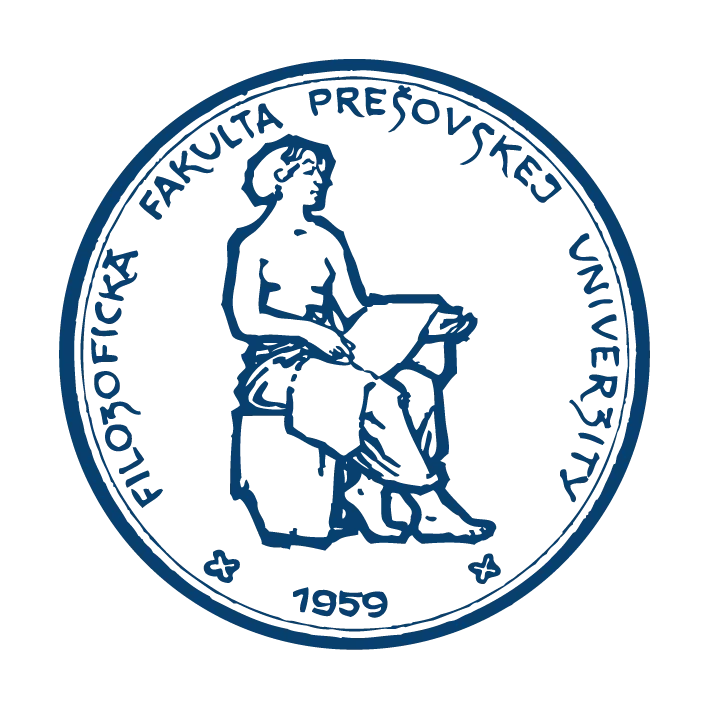Linguodidactics (PhD.)
Profile of the Graduate
The graduate is able to demonstrate a systematic understanding of the incorporation of the linguistics of the particular study programme (Slovak, English, German, Russian and Ukrainian) into Linguodidactics practice. They understand the relationship between language acquisition and language learning, relations among teaching theories, concepts of language teaching, teaching methods, activities and the teacher's interaction style. They are able to reflect on the relationship between language and the linguistic representation of the world the users of a given language have, including the representative function of language as a cultural value of a society. They are able to demonstrate a deep and systematic understanding of the field and an orientation to research in the language areas and they are familiar with the current state of the art in the language studies. They have mastered the skills and methods of scientific research and are able to formulate research questions, to use adequate methodology in their own research, to integrate their knowledge into the theoretical framework of current domestic and international research, and to evaluate the relationship between trends in linguistic research and their reflection in Linguodidactics. The students are able to conceive, compose and publish, or otherwise present scientific results and disseminate knowledge in Linguodidactics also in a form of popular science.
From a cognitive point of view, the graduate can apply critical analysis and synthesis of basic and metacognitive concepts. They have developed ability to read texts with contextual understanding, with the habit of systematically searching for, processing and evaluating scholarly production in their field, both in relation to existing knowledge as well as to the crucial issues of their teaching practice. They are able to present their knowledge in a foreign language (especially English).
They are effective in both, the individual as well as team research and are able to communicate at a professional level with colleagues as well as other professionals and public. They can take responsibility for the implementation of the individual steps of their own research and with their research outputs they can contribute to the development of the scientific field.
Description of the Study Programme
